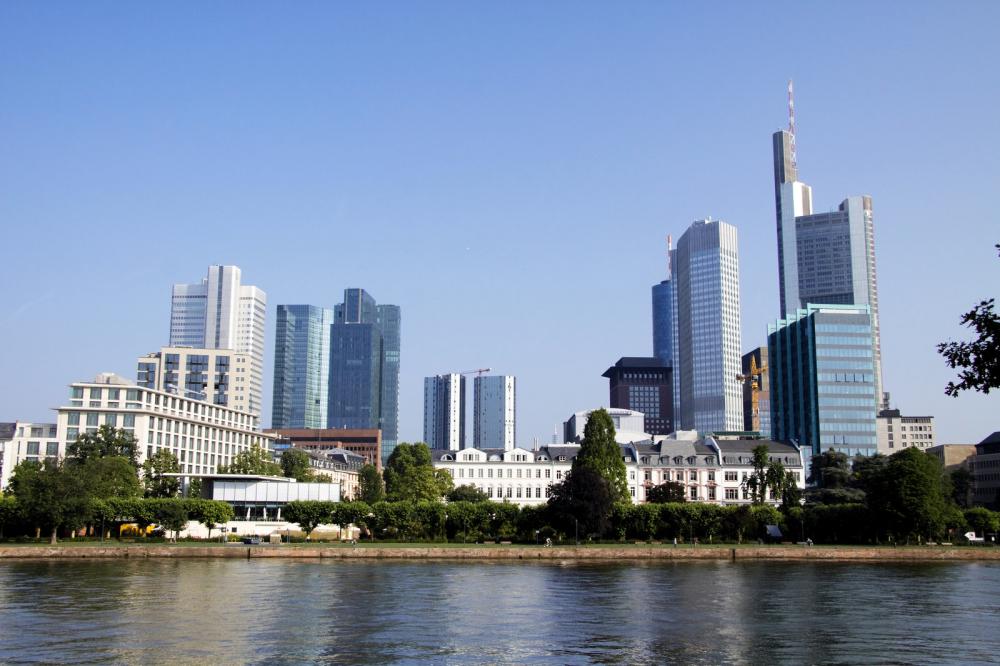
If you’re planning to visit a German-speaking country, you should really learn some essential German for travel. You can practice 40 essential German words and phrases here.
Most German guidebooks will have a section with a list of such “essentials”. However, just looking at them will not let you pronounce them correctly, nor put them into your memory.
That’s why we not only give you the audio, but also let you practice them by recording your voice.
And by practicing with the Quizlet flashcards and exercises at the end you will remember these words and phrases when you need them!
Starting with greetings and polite phrases, German 1 for Travel is arguably the “must do” lesson you should practice .
You’ll learn to ask “Wo ist…?” questions in German 2 , and in German 3 you’ll hear some possible answers. German 4 lets you practice a few German restaurant basics.
We have found that even if you don’t understand the German speaker’s rapid answer to your “Wo ist…” question, there is still a benefit: You will have started a conversation – which you could then continue in English or another language you both speak…
Even if you don’t (yet) speak German, you’re likely to encounter situations when these essential words will be useful.
(The image above show’s Frankfurt’s skyline taken from across the Main river)
In German 1 for travel, you’ll learn common greeting and polite phrases.
While it may not be obvious to English speakers: German is the second most widely spoken Germanic language after English.
German and English share lots of vocabulary, so you may find German words that you’ll easily recognize.
But watch out for those with different meanings: e.g. “Gift” in German means poison. So don’t ask for a “Gift shop” when you’re looking for souvenirs!
Other German False Friends that may baffle you on your travels:
der See – lake (“sea” is “die See” in German, note the article)
das Rathaus – City Hall (“rat” is “die Ratte” in German)
der Stock – floor, level (“stock” is “die Aktie” in German)
der Sekt – sparkling wine (“sect” is “die Sekte” in German)
die Pension – inn, small hotel (“pension” is “die Rente” in German)
Here’s a post with a few more: 20 German False Friends to watch out for.
In German 2, you can practice asking useful “Where is ….” questions.
In German 3 you’ll hear some possible answers to those questions.
In German 4, you’ll learn some German restaurant basics.
If your German is already more advanced, you may enjoy reading about Sausages, Fruits, Ships and More in German Idioms on our sister site GamesforLanguage .